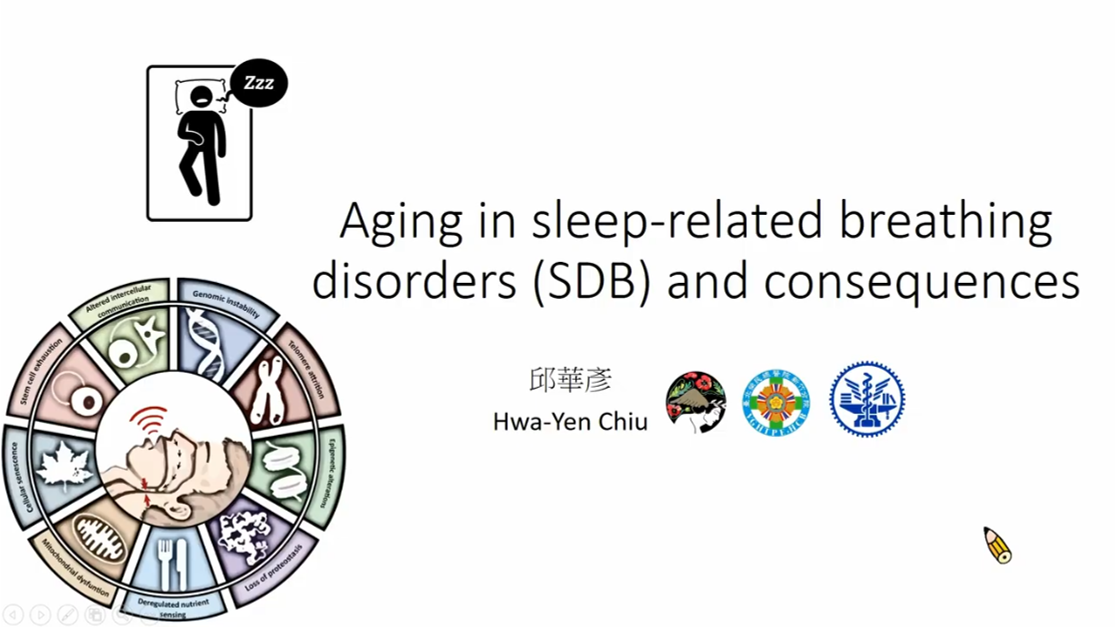
Aging is intricately intertwined with sleep-related breathing disorders (SRBDs), with advancing age contributing to a heightened susceptibility to conditions like obstructive sleep apnea (OSA) and central sleep apnea (CSA). As individuals age, natural physiological changes, including decreased upper airway muscle tone and neural control of breathing, make them more prone to upper airway collapse and respiratory disturbances during sleep. Consequently, the prevalence and clinical complexity of SRBDs tend to increase with age. The consequences of this relationship extend beyond disrupted sleep, as untreated SRBDs in older adults are associated with a range of adverse outcomes, including cardiovascular disease, cognitive impairment, metabolic dysfunction, and reduced quality of life. Recognizing and addressing the impact of aging on SRBDs is essential for healthcare professionals, as tailored interventions and early management can significantly improve the overall health and well-being of aging individuals.